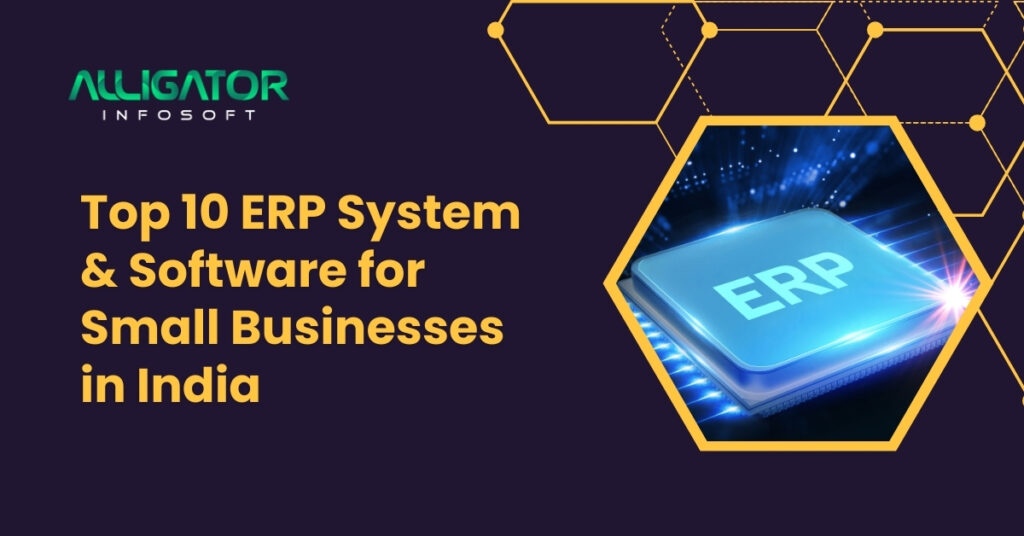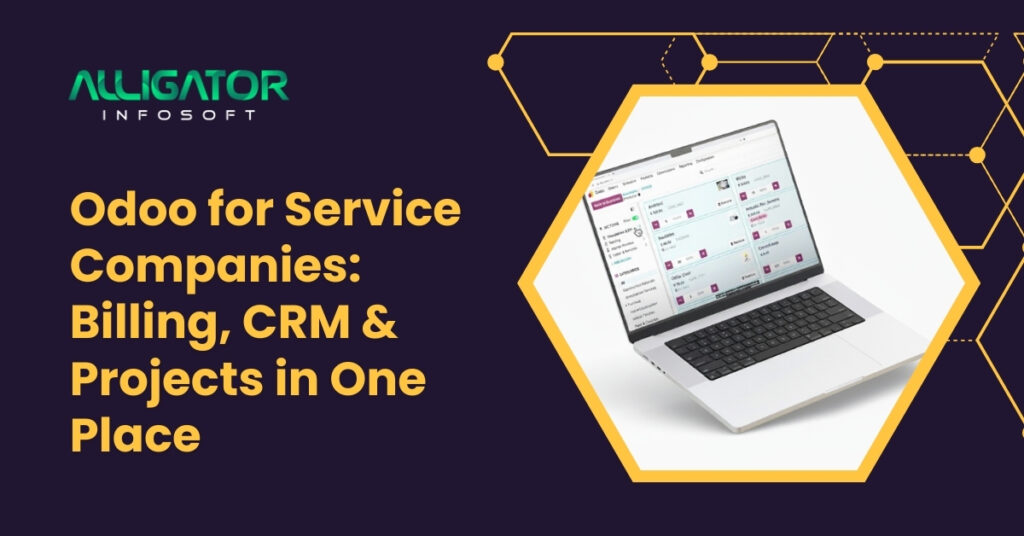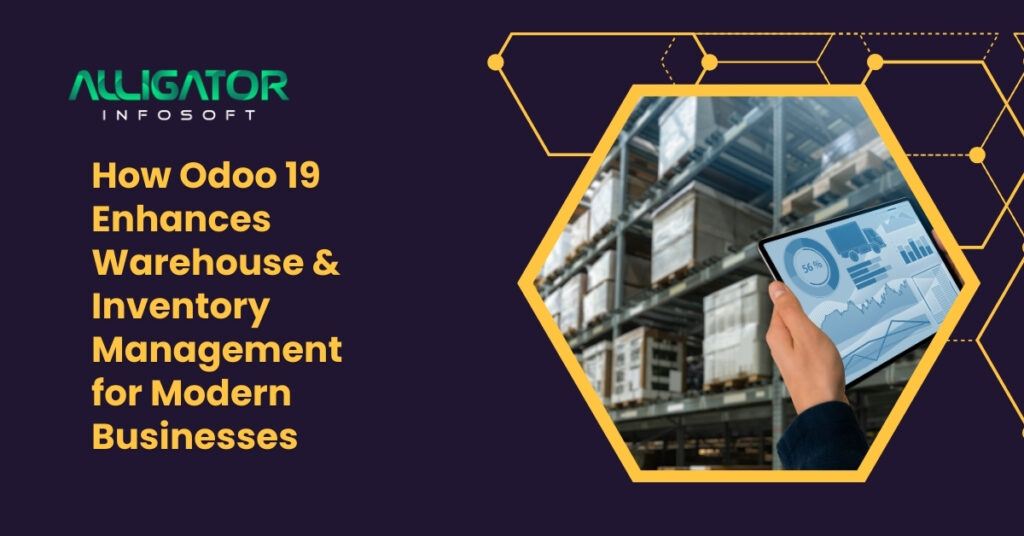Odoo 19 Data Migration Best Practices: A Complete Guide
Summary: Migrating to Odoo 19 is a critical step for businesses aiming to improve operational efficiency, data accuracy, and system performance. A structured migration approach helps reduce risks such as data loss, downtime, and workflow disruptions. This guide explains proven Odoo 19 data migration best practices to help businesses achieve a smooth, secure, and scalable ERP transition. Understanding Odoo 19 Data Migration Data migration involves transferring essential business data such as customers, vendors, inventory, accounting records, and transaction history into the Odoo 19 environment. The objective is to maintain data accuracy, preserve relationships between records, and ensure business continuity. A successful migration allows organizations to benefit from improved reporting, faster workflows, enhanced automation, and better decision-making capabilities offered by Odoo 19. Create a Detailed Migration Plan Planning is the backbone of a successful Odoo migration. Start by defining the scope of the migration. Identify which modules, historical records, and custom data must be transferred. Not all legacy data is required, so filtering unnecessary information helps reduce complexity. Create a realistic migration timeline that includes milestones, responsibilities, and review checkpoints. Assign roles to both technical teams and business stakeholders to maintain accountability. Set measurable objectives such as zero data loss, minimal downtime, and successful user acceptance testing. A well-defined roadmap keeps the entire process organized and reduces unexpected challenges. Back Up Your Existing System Before starting the migration, always create complete backups of your database, attachments, configurations, and custom modules. Test your backups by restoring them in a separate environment. This step ensures your recovery plan works if any issue occurs during the migration process. Never proceed with live data migration without verified backup copies in place. Clean and Prepare Your Data Data quality directly affects migration success. Conduct a detailed audit of your existing system to identify duplicate records, outdated entries, missing values, and formatting inconsistencies. Standardize naming conventions, date formats, currencies, and product classifications. Removing unnecessary data not only improves migration speed but also enhances performance and reporting accuracy after moving to Odoo 19. Clean data ensures smoother mapping, fewer errors, and better long-term system stability. Define Data Mapping and Structure Every ERP system stores data differently. Data mapping ensures that information from your old system fits correctly into Odoo 19’s structure. Create a mapping document that outlines how customer data, product attributes, accounting fields, inventory records, and custom fields will be transferred. This step helps prevent mismatched records, missing references, and broken data relationships. Proper mapping also maintains consistency across departments and business processes. Manage Custom Modules and Integrations Custom modules and third-party integrations require special attention during migration. Review all customizations to determine which ones are essential and which can be replaced with native Odoo 19 features. Removing unnecessary custom code improves maintainability and reduces upgrade risks. Test integrations such as payment gateways, CRM tools, accounting software, and eCommerce platforms. Ensure APIs, authentication methods, and automation rules function correctly after migration. Refactoring outdated custom modules before migration helps avoid compatibility issues. Perform Multiple Test Migrations Testing is one of the most important phases of the migration process. Start with test migrations using partial datasets. Identify errors, missing records, and configuration issues. Fix problems and repeat the testing cycle until results are consistent. Test complete business workflows including sales processing, invoicing, inventory management, payroll, and financial reporting. This ensures the system works as expected under real operational conditions. Involve end users during user acceptance testing to validate usability and business accuracy. Optimize Performance and System Configuration After migrating data, evaluate system performance and configuration settings. Check database performance, server resources, and indexing to ensure fast response times. Large datasets may require performance tuning to maintain smooth operations. Review user roles, access permissions, security rules, and automation workflows. Proper configuration ensures operational efficiency and data security in the new environment. Plan a Secure Go-Live Strategy A smooth go-live strategy reduces business disruption. Schedule the final migration during off-peak business hours to minimize downtime. Freeze data entry in the old system before starting the production migration. Take a final backup before executing the live migration. After completion, perform quick validation checks to confirm that critical records and balances are accurate. Clear internal communication helps employees prepare for the transition and adapt quickly. Post-Migration Validation and Monitoring Once migration is complete, validate data accuracy by comparing record counts, financial balances, and transaction histories. Verify relationships between invoices, customers, sales orders, and inventory records. Monitor system performance and error logs during the initial weeks after launch. Early issue detection allows quick resolution and prevents long-term operational problems. Why Professional Migration Support Matters? Odoo migration is a technical and business-critical process. Partnering with an experienced odoo migration company in india can help ensure data accuracy, system stability, and smooth project execution. Professional experts bring structured migration frameworks, automation tools, and testing strategies that reduce risks and accelerate deployment timelines. Strategic Benefits of a Well-Planned Odoo 19 Migration Odoo 19 data migration is a strategic process that requires careful planning, technical expertise, and strong collaboration between teams. By following best practices such as data cleaning, proper mapping, thorough testing, performance optimization, and user training, businesses can ensure a seamless transition. A well-executed migration not only protects your data but also unlocks the full potential of Odoo 19, helping your organization operate more efficiently and scale with confidence. Frequently Asked Questions (FAQs) How long does Odoo 19 data migration take? The timeline depends on data volume, custom modules, integrations, and testing requirements. Small projects may take a few weeks, while large enterprise migrations can take several months. Can historical data be migrated to Odoo 19? Yes, historical data such as invoices, inventory transactions, and customer records can be migrated. However, many businesses choose to archive older data to improve performance. Is downtime required during migration? Some downtime is usually required during the final production migration. Scheduling the process during off-hours helps minimize business disruption. Do businesses need training after migrating to Odoo 19? Yes, user training is highly recommended. It helps employees adapt to











